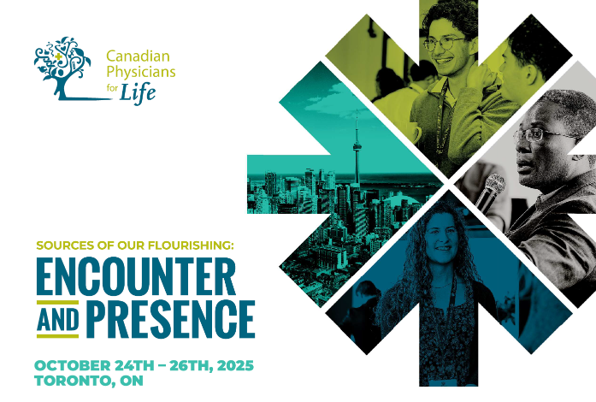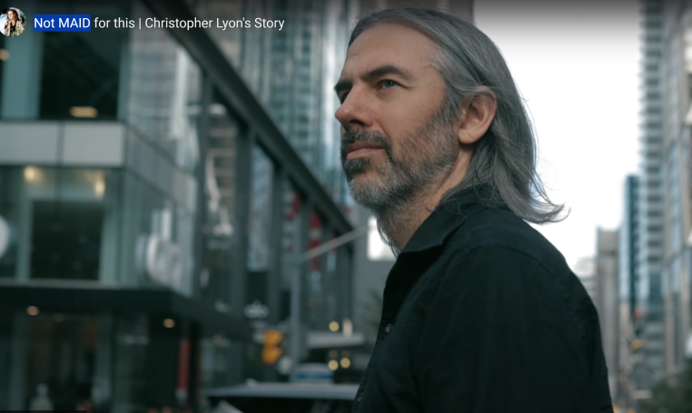
Who Will Be An Organ Donor?
Yesterday, CTV broke the news that, “Canada is performing the most organ transplants from MAID patients among the four countries studied that offer this practice.”
According to the first-ever review of this phenomenon, Canadian doctors were found to have performed almost half of all worldwide organ transplants following death by euthanasia.
Interestingly, the Canadian Parliament just passed Bill S-223 which makes it a criminal offence for a person to travel abroad to receive an organ taken without consent. Doing so could render a person inadmissible to Canada.
But what about domestically? Can we be sure that organs taken from Canadians who have been (or are about to be) euthanized have been ethically obtained? And, what is to prevent patients from facing subtle (or not so subtle) pressure to request euthanasia in a more timely manner while their organs are in better condition?
In a word of warning, Trudo Lemmens told CTV News, “I am concerned that people who struggle with a lack of self-esteem and self-worth may be pushed to see this as an opportunity to mean something.”
But it’s not only critics who are making this point. A euthanasia doctor in the Netherlands says that her patients frame their decision: “‘If this body has deserted me, I could do something good.’”
Listen, I have every reason to support organ donation. My younger cousin needed a liver transplant and, thanks to an organ donor, she was able to extend her life.
But now, I am alarmed that the prevalence of euthanasia will drastically undermine people’s willingness to donate their organs. There will be too much incentive to facilitate death prematurely in order to transfer organs to younger, healthier, and perhaps even wealthier patients.
We need to be able to reassure Canadians that their death will never be facilitated for the purpose of obtaining organs for transplant. True organ donation is a noble way to be generous after death; it must never become a rationale to instrumentalize the person and end someone’s life prematurely.
You Might Also Like
Follow US:




